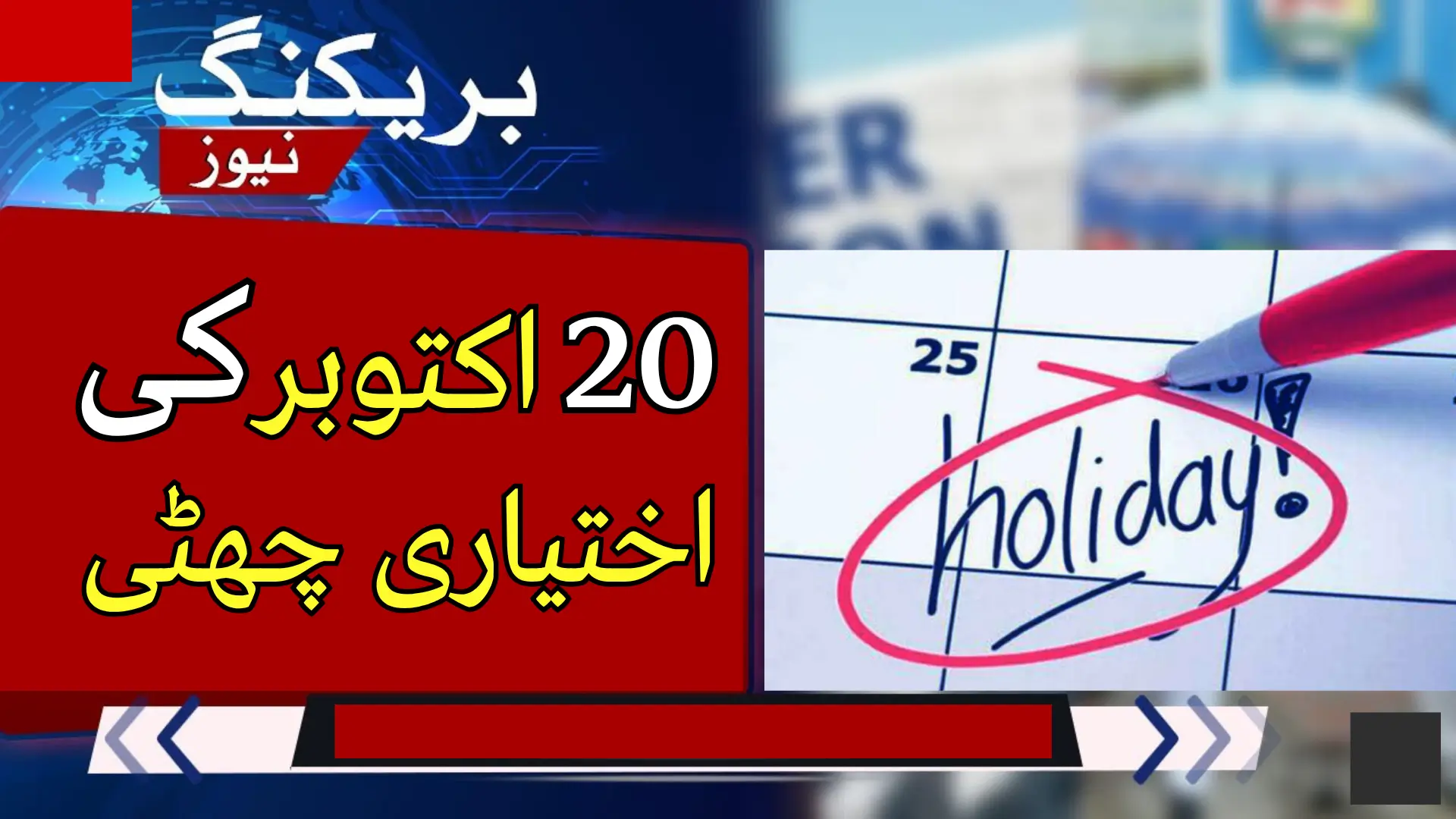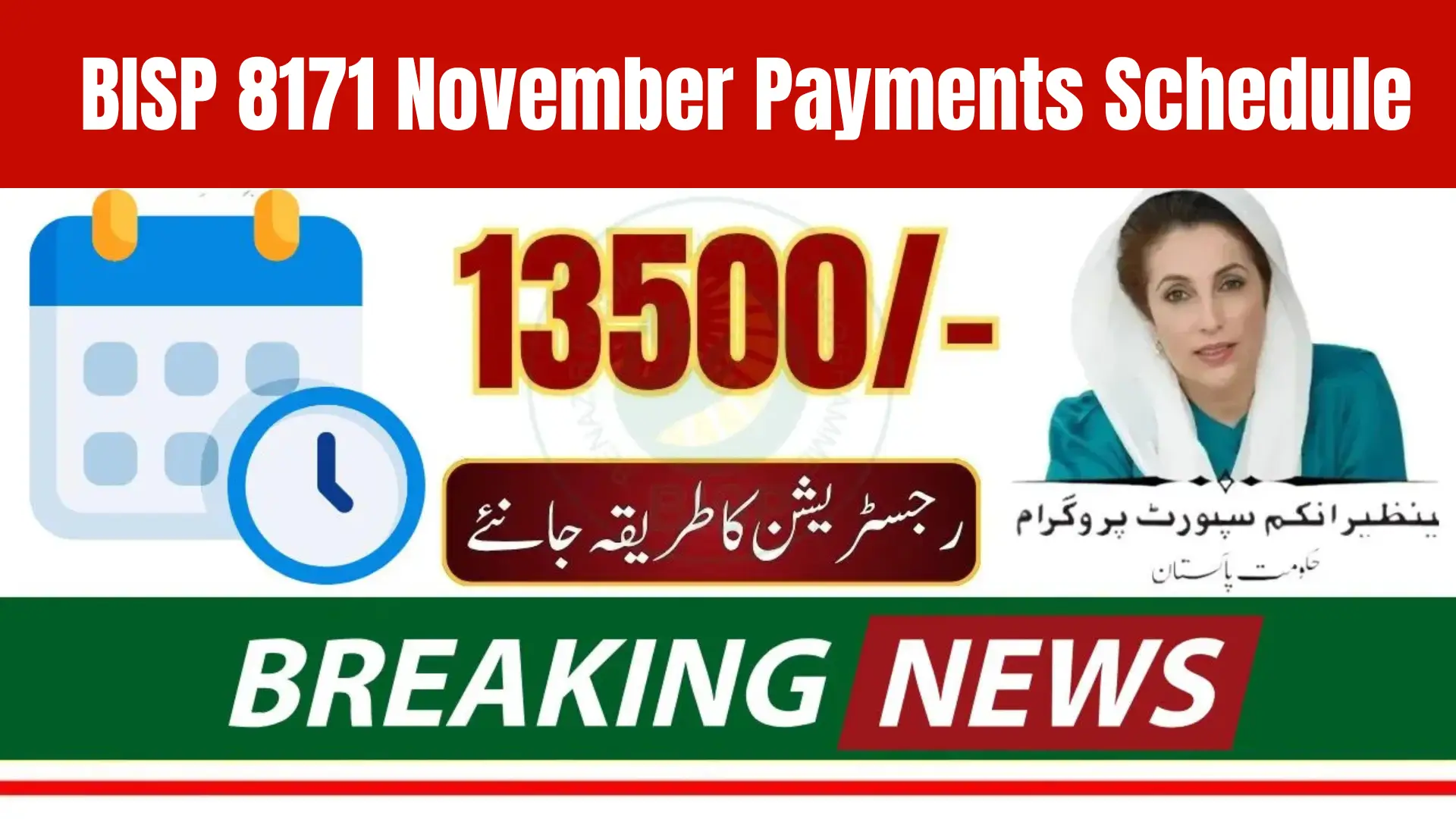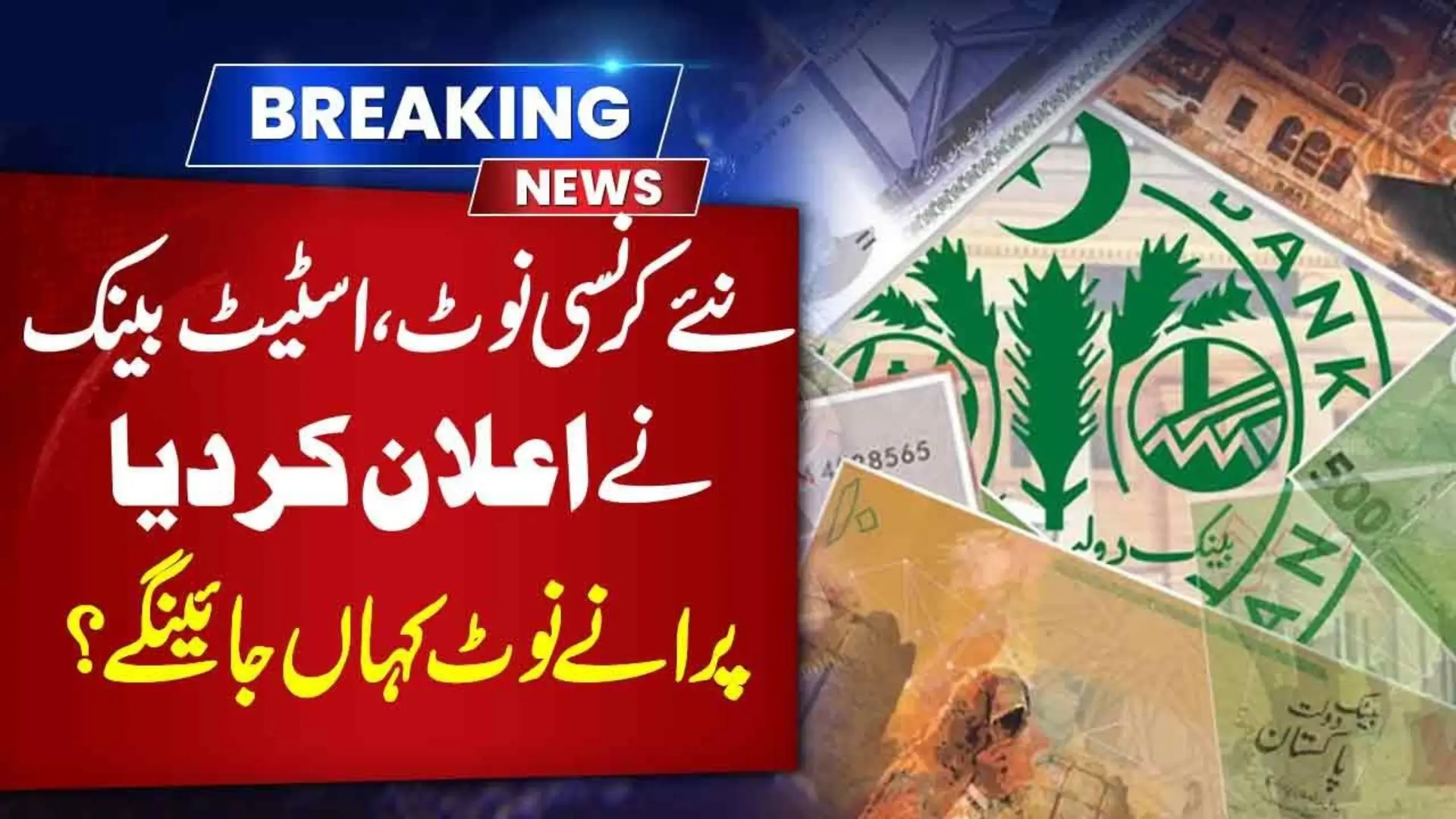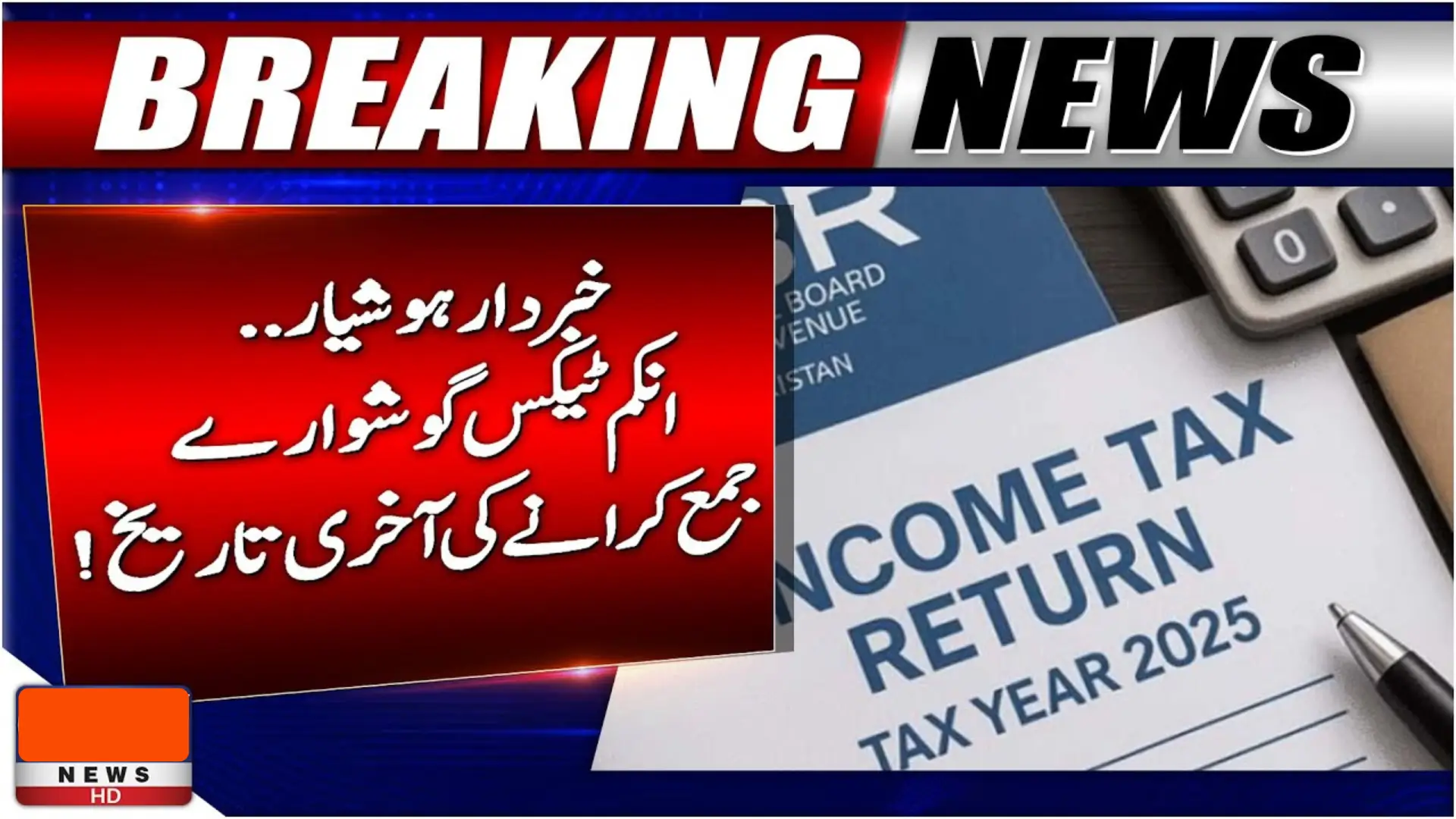Optional Holiday 20 October 2025 in Pakistan. On Monday, 20 October 2025, Pakistan observes Diwali/Deepavali as an optional holiday, allowing individuals, particularly from the Hindu minority, to take the day off if they choose. This brings attention not just to the festival itself but also to the country’s recognition of religious-minority celebrations within a predominantly Muslim nation.
What is Diwali/Deepavali?
Diwali (also known as Deepavali) is often called the “Festival of Lights”. Its core themes revolve around the victory of light over darkness, good over evil, knowledge over ignorance.
Typically the festival is a multi-day celebration. In 2025, for example:
- The festivities begin on 18 October (Dhanteras) and continue into 20–22 October for different rituals and observances.
- In classic Hindu calendars, the central day of Diwali (Lakshmi Puja) falls on the new moon (Amavasya) of the month of Kartik.
During Diwali people:
- Decorate homes and public spaces with rows of small lamps (diyas), candles and electric lights.
- Offer prayers (puja) to deities, especially Lakshmi (goddess of wealth) and sometimes Ganesha (god of beginnings).
- Exchange sweets and gifts, set off fireworks, decorate with rangoli (colourful floor art).
- Visit friends and family.
- Reflect on themes of renewal, prosperity and community togetherness.
Because it ties together cultural, religious, social and economic dimensions, Diwali is widely celebrated across India, Nepal, Sri Lanka, Malaysia, Singapore—and among diaspora communities worldwide. It is less widely a “public holiday” in Pakistan, but is noted nonetheless.
Diwali/Deepavali in Pakistan: Optional Holiday on 20 October 2025
For 2025, Pakistani holiday listings show that Diwali/Deepavali on Monday, 20 October is marked as an optional holiday. According to Time and Date and other sources, the date is explicitly listed:
- “Diwali/Deepavali 2025 in Pakistan; Monday, October 20. Optional Holiday.”
- Calendar listings: “20 October, Monday, Diwali/Deepavali – optional holiday” for Pakistan.
What does “optional holiday” mean here? It means that employees (especially those belonging to the Hindu community or other stakeholders) may choose to take the day off, but the business, school or office is not required to close for everyone. Many organisations remain open, but individual staff may avail the holiday if entitled.
Thus in Pakistan, while Diwali is not a mandatory nationwide public holiday (for all), its recognition as “optional” signals acknowledgment of religious-minority observance.
Why Monday, 20 October 2025?
You might wonder: Why 20 October and not some other day? The reason lies in the Hindu lunar calendar and the way observance dates shift each year, and how Pakistan’s holiday-calendar system lists the festival. According to Hindu calendars:
- In 2025, the Amavasya (new Moon) night core to Lakshmi Puja falls between 20–21 October.
- So Pakistan’s calendar has opted to mark Monday, 20 October as Diwali/Deepavali.
Importantly, by recognising 20 October as the optional holiday, Pakistan acknowledges the festival aligned with the global Hindu calendar while giving flexibility.
Significance of the Optional Holiday in Pakistan
1. Minority Rights and Inclusion
By recognising Diwali as an optional holiday, Pakistan sends a message of pluralism and respect for its Hindu minority community. In a country where the majority religion dominates many cultural spaces, this gesture is significant for social inclusion. For example, past reporting noted that the declaration of Diwali as a holiday was part of a “show of tolerance”.
2. Cultural Awareness and Inter-faith Harmony
Allowing the day off gives the Hindu community space for worship, family gatherings and rituals, just as major holidays do for other communities. It helps foster mutual understanding among citizens of different faiths.
3. Social and Economic Dimensions
Festivals such as Diwali generate economic activity—purchase of sweets, decorations, lighting fixtures, gifts—and giving community members time able to participate boosts both cultural life and consumption. At the same time, workplaces that allow optional leave create morale benefits.
4. Calendar Planning & Civil Society
For schools, offices and government bodies this date matters. Knowing that Diwali is recognized (even optionally) helps in scheduling—some companies may adjust shifts, schools may recognise fewer attendances or arrange optional leave. It also supports community-based events and religious gatherings.
Practical Implications & Tips for Pakistan (Monday 20 October 2025)
For Hindu community members:
- Plan ahead: If you intend to take the day off, ensure your employer recognises the optional holiday or follow leave procedures.
- Make preparations: Light diyas in your home, prepare or purchase sweets/offerings, invite family/friends for puja and celebration.
- Observe safety: If fireworks are used, do so responsibly; ensure lamps/candles are placed securely—especially important in dense urban Pakistani neighbourhoods.
- Community engagement: Consider participating in community temple events or social gatherings.
For employers, schools and government offices:
- Recognise the date: While you may remain open, be flexible to allow staff or students to observe the festival if they wish.
- Communicate: Send notices in advance that Monday 20 October is an optional holiday for Diwali/Deepavali to avoid absentee surprises.
- Accommodation: Provide space for small gatherings or leave options, if feasible.
- Respect: Acknowledge the diversity of your workforce; inclusion fosters positive organisational climate.
For wider society:
- Awareness: Knowing that Diwali/Deepavali is observed (even optionally) helps colleagues, friends and neighbours show courtesy—e.g., wishing “Happy Diwali” or recognising the festival’s significance.
- Participation: Some non-Hindus may join in community events or overall neighbourhood lighting—the festival light symbolism is universal.
- Safety & civic sense: With increased lighting, gatherings or possible fireworks, local authorities and residents should ensure fire safety and considerate behaviour.
What to Expect on the Ground in Pakistan
In regions with significant Hindu populations—such as parts of Sindh (especially Karachi, Hyderabad), Balochistan fringes and northern Punjab—Diwali will be observed with genuine festive spirit. Homes will be decorated with oil lamps, electric lights, rangoli designs; sweets will be exchanged; temples will hold special pujas. Some schools or community centres may host cultural events.
Because it is an optional holiday, you will likely see a mix: some offices closed or minimally staffed, others functioning as usual. Public transportation, markets and general services will still operate. In major cities, markets that serve decorations and sweets may be more active in the days leading up to 20 October.
It’s also worth noting that in the province of Sindh, there is indication of a two-day holiday (20 and 21 October) for government/semi-government institutions for Diwali observance. ARY News That means in some locales, you might observe extended community celebrations or institutional closures.
Why Inclusive Holiday Calendars Matter
Holiday calendars reflect not just days off but societal values. When a country recognises the festivals of minority communities—even optionally—it signals inclusivity, respect for diversity and cultural pluralism. In Pakistan’s case:
- It affirms the Hindu minority’s presence, and helps in social integration.
- It is an opportunity for majority-community members to engage with other traditions, reducing perceptions of “others”.
- It supports civil harmony by giving visible space to multiple identities.
In modern workplaces and educational institutions, acknowledging diverse festivals enhances organisational culture, staff morale, and community relations. Even if the holiday is optional, its presence in the calendar matters.
Conclusion
Monday, 20 October 2025, marks the optional holiday for Diwali/Deepavali in Pakistan. For members of the Hindu community and their friends/family, it’s a meaningful day of light, prayer, family and festivity. For the wider society, it’s a symbol of religious inclusion and cultural recognition. Whether you’re planning celebration, leave or simply acknowledgement of colleagues or neighbours, this day is an important reminder of Pakistan’s multicultural fabric.















